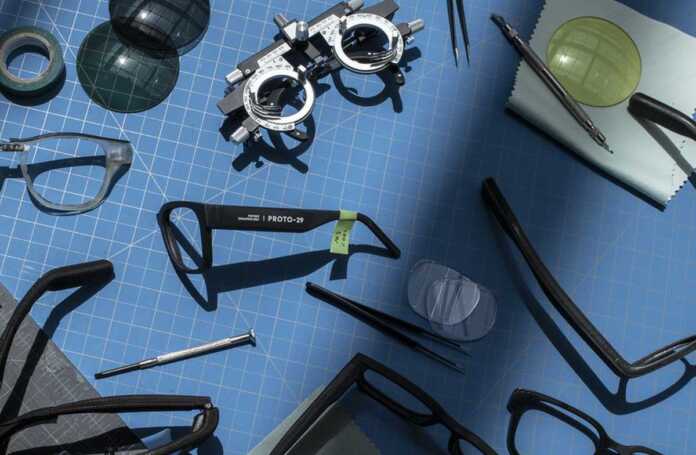Google wants to move the tests of prototypes of Augmented Reality glasses from the laboratories to the streets with the idea of learning about the daily needs of people who could have a solution through AR glasses.
The company wants to emphasize capabilities such as voice transcriptions and translations as well as other scenarios that allow, for example, guiding people to reach their destinations or knowing the content of texts that have been written in a different language.
Looking for it to be a utility device
To do this, from next August it will begin testing a small number of prototypes in specific areas of the United States, whose testers, who will initially have to go through a period of device, protocol, privacy and security training, will be able to use assigned prototypes in a series of very specific activities.
Google specifies that the prototypes to be used will mostly resemble conventional glasses, although they will have a screen on the lens, as well as a microphone and cameras, as well as an LED that will notify people nearby that the device is capturing data for analysis and debugging. with the possibility of establishing their elimination, although the prototypes do not have the capacity to take photos or videos as such.
The company has a protocol on captured image data that has not been discarded to make use of additional analysis or purification noting that “in that case, the image data is first erased for sensitive content, including faces and license plates. » later adding that «then, it is stored on a secure server, with access limited to a small number of Googlers for analysis and debugging. After 30 days, it is removed.
With these tests “this will allow us to better understand how these devices can help people in their daily lives”, as they point out in today’s announcement, adding that “as we develop experiences such as AR navigation, it will help us take into account factors like weather and busy intersections, which can be difficult, sometimes impossible, to fully recreate indoors.”
Google wants to make sure that AR glasses work, are useful for everyday use and can be of interest to the general public before finally offering them for sale, covering their backs so as not to fall into the mistakes of the past.
More information: Google













